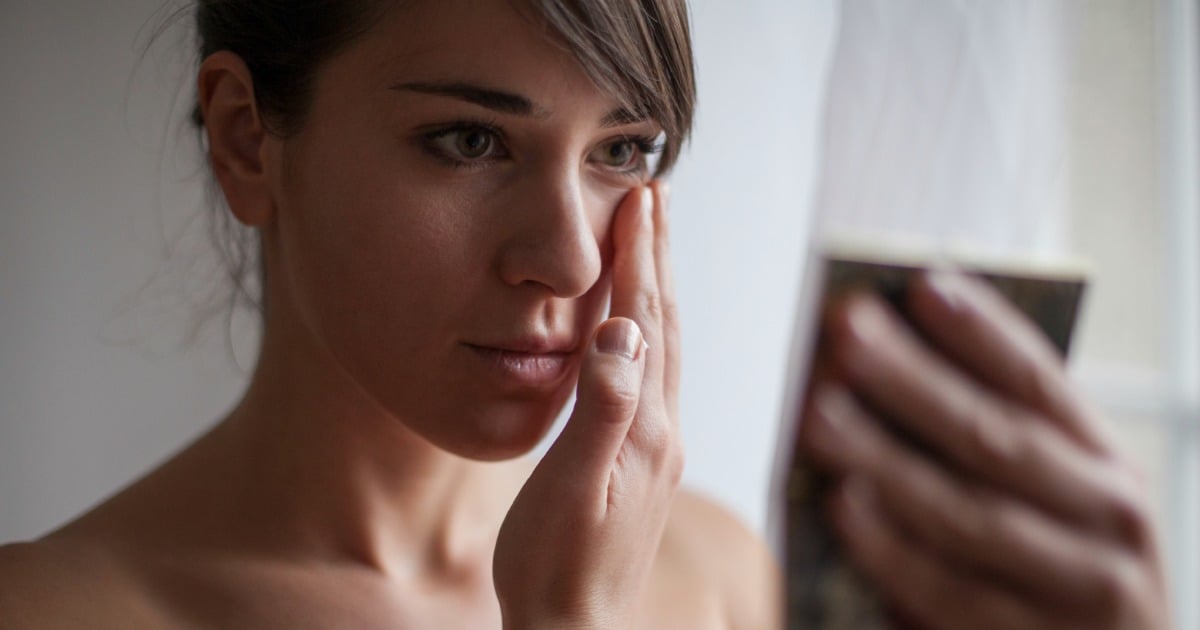
For someone with sensitive skin, the relatively straightforward task of shopping for makeup and skincare becomes a frustrating, sometimes painful, often fruitless quest that demands a whole lot of time and money.
The wrong product or wrong ingredient can result in tightness, redness and generally unhappy skin, which isn’t anybody’s idea of a good time.
Debbie Dickson, Director of Education for Danné-Montague King (DMK), says understanding the underlying cause of sensitive skin can be helpful for knowing what will and won’t irritate it.
“Skin itself isn’t actually ‘sensitive’. When it becomes really red and inflamed, it’s actually become reactive because things are out of balance,” she explains.
“You’ve got to look at why that skin is presenting symptoms of being sensitive, and if you treat the ‘why’ then you can get to the core of the problem. If you only calm the skin down and don’t look at why it needed that, you’re going to be calming it down of the rest of your life. ”
Dickson says one of the most common underlying causes of reactivity is transepidermal water loss, where the skin is unable to retain water. “Imagine if there was a fire raging in the skin; you’d need a lot of water to put that fire out and then hold water in there to stop it from reigniting,” she explains.
Watch: Mia Freedman discusses her experience with laser treatment. (Post continues after video.)
Top Comments
I have combination skin, and issues with large pores and blackheads, but I've found a lot of stuff for my type of skin is just getting too harsh, the older I get. I can't use scrubs with grainy bits in them - or any scrubs too often. A lot of the products are aimed at teenagers, but I'm finding I need more moisturising products nowadays. Natio Renew Radiance Exfoliator is nice, creamy, and doesn't irritate my skin. Still trying to find a night cream that is thick enough - but not too thick!
Have you tried QV Night Cream? You can find it at most chemists and Priceline. The day moisturizer has a 30+ sunscreen which is great also.
I love all the QV products. I have the day and night cream, the scrub, face wash, body wash and body cream. It's so good.
Me too. I use it all. It's so affordable as well.
A friend was told to use the cleanser by a dermatologist, which introduced me to the whole range.
Thanks, I'll give it a go!